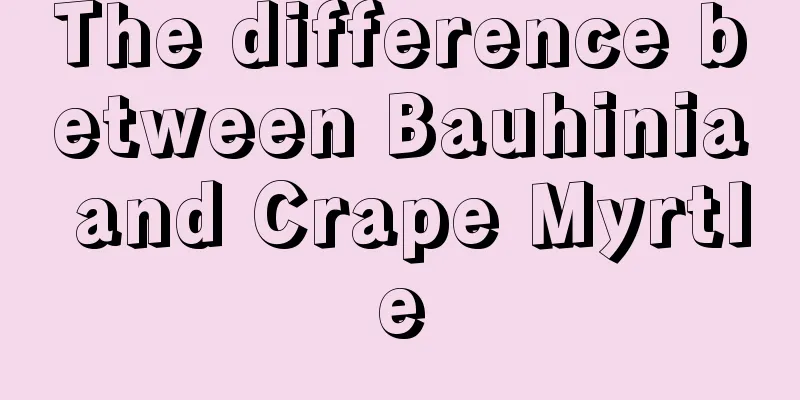What are the characteristics of chrysanthemums? What is the shape of chrysanthemums?

1. Features1. Unique flower shape: Speaking of chrysanthemums, many people think of the pattern on the back of the 1 yuan coin. Its unique shape is fresh in people's memory, but it is worth mentioning that although it looks like a flower, it is actually a capitulum. Each petal-like thing is a ligulate flower. Capitulum generally has ligulate flowers and tubular flowers, and one of its major characteristics is that the tubular flowers are specialized into ligulate flowers, so the shape is very unique. 2. Fruit sterility: As mentioned above, chrysanthemum has a capitulate inflorescence, which is divided into tubular flowers and ligulate flowers. The ligulate flowers are sterile and usually do not contain stamens and pistils, so they cannot produce seeds. Only tubular flowers can. However, due to the cultivated varieties, the tubular flowers were specialized into ligulate flowers, and thus the stamens and pistils were lost, resulting in the inability to produce fruit. Of course, the original wild chrysanthemum can produce seeds. 3. Rich flower colors: Any cultivated flowers have a variety of colors, and chrysanthemums are no exception. It comes in many colors, including red, yellow, green, pink, purple, white and so on. It not only has single color, but also multiple colors, that is, a flower has two or even more colors. For example, Erqiao, which is half red and half yellow; Sika Deer, which has a pink and purple base with white spots on it; Red Line Gold Bead, which has red petals and yellow tips, etc. 2. ShapeThere are many varieties of chrysanthemums, and of course their shapes are also different. Wild chrysanthemums are generally 0.25-1 meter tall, with sparse hairs on the stems, oval leaves, and inflorescences that are only about 2.5 centimeters long, generally growing at the top of the stems. The cultivated varieties can grow to 0.6-1.5 meters in height, with relatively upright stems and leaves in many shapes, including straight leaves, long leaves, round leaves, sunflower leaves, etc. Its flowers are also capitulate inflorescences, but the tubular flowers are usually specialized into ligulate flowers with rich colors and many types of petals. |
<<: The meaning of chrysanthemum, what does chrysanthemum represent
>>: Dandelion information, dandelion pictures
Recommend
Mimosa flower language, does mimosa bloom?
1. Mimosa flower language The flower language of ...
How to grow Osmanthus fragrans so that it blooms
Murraya flowering time Osmanthus fragrans usually...
How to Plant Ranunculus Seeds
1. Seed harvesting To choose seeds well, you must...
Skinny + leggy + sunburned = poor girl
Can leggy growth and sunburn occur at the same ti...
How to grow hydroponic plants more vigorously and keep them alive for a long time? 4 key points
There are many potted plants, but not many hydrop...
Bury a wooden stick in the pot. The root is as thick as a carrot, and the leaves are fat and green!
Bury a wooden stick in the pot, the flowers will ...
What to do if the tiger tail orchid has roots but does not sprout (Why does the cutting tiger tail orchid not grow)
Why does the tiger tail orchid take root quickly ...
How to deal with the newly bought money tree
1. Pre-potting treatment A newly purchased money ...
Does bitter chrysanthemum prefer shade or sun?
Does bitter chrysanthemum prefer shade or sun? Ch...
These flowers are very common. Come and see how to grow them.
Schlumbergera Watering: Christmas cactus is not t...
What is the problem with Houttuynia cordata root rot? What should I do if Houttuynia cordata root rots?
1. Too much watering Reason: Houttuynia cordata l...
When and how to repot camellia
Camellia repotting time The recommended time to r...
How to propagate succulent plants
1. Cutting propagation 1. Root cuttings: For some...
How to grow Mansa Zhuhua in autumn
1. Maintain the environment 1. Light: It likes to...
How to grow roses in a vase
1. Prepare the container For the sake of later vi...









